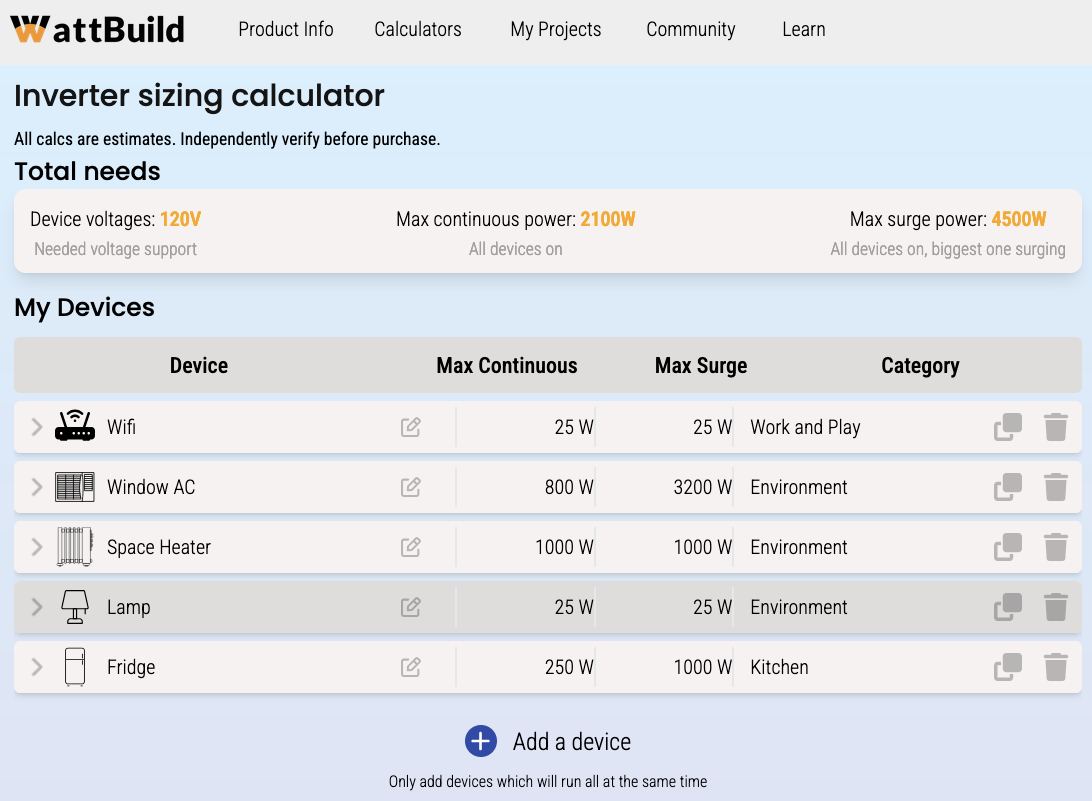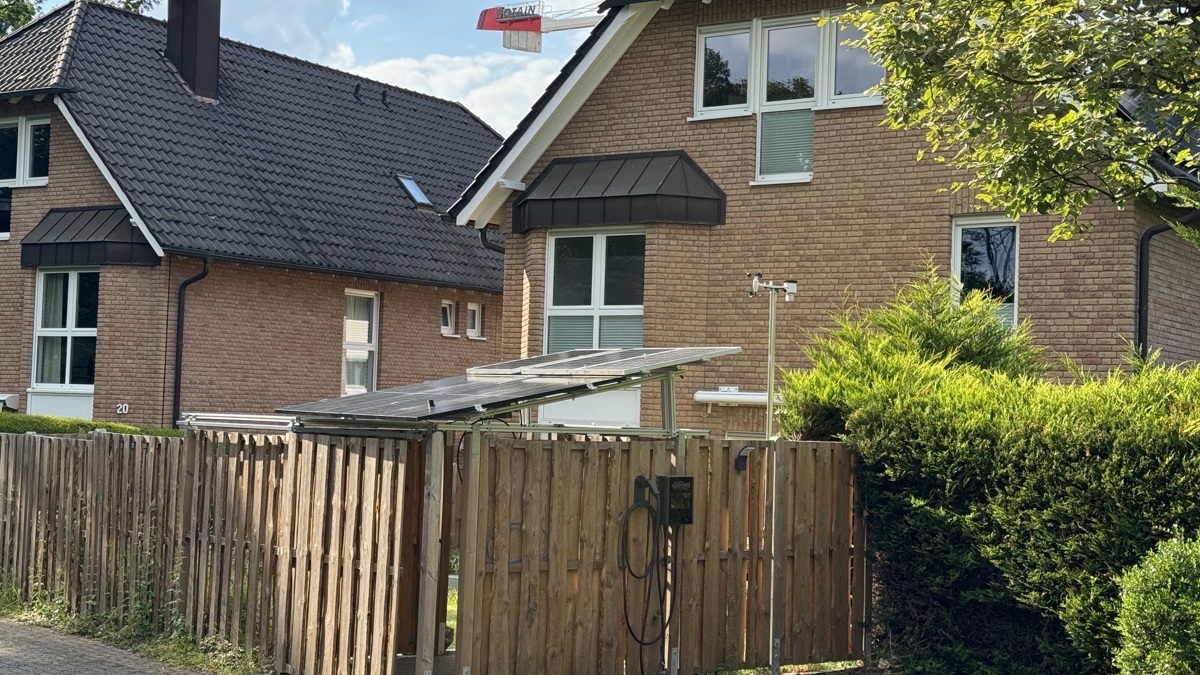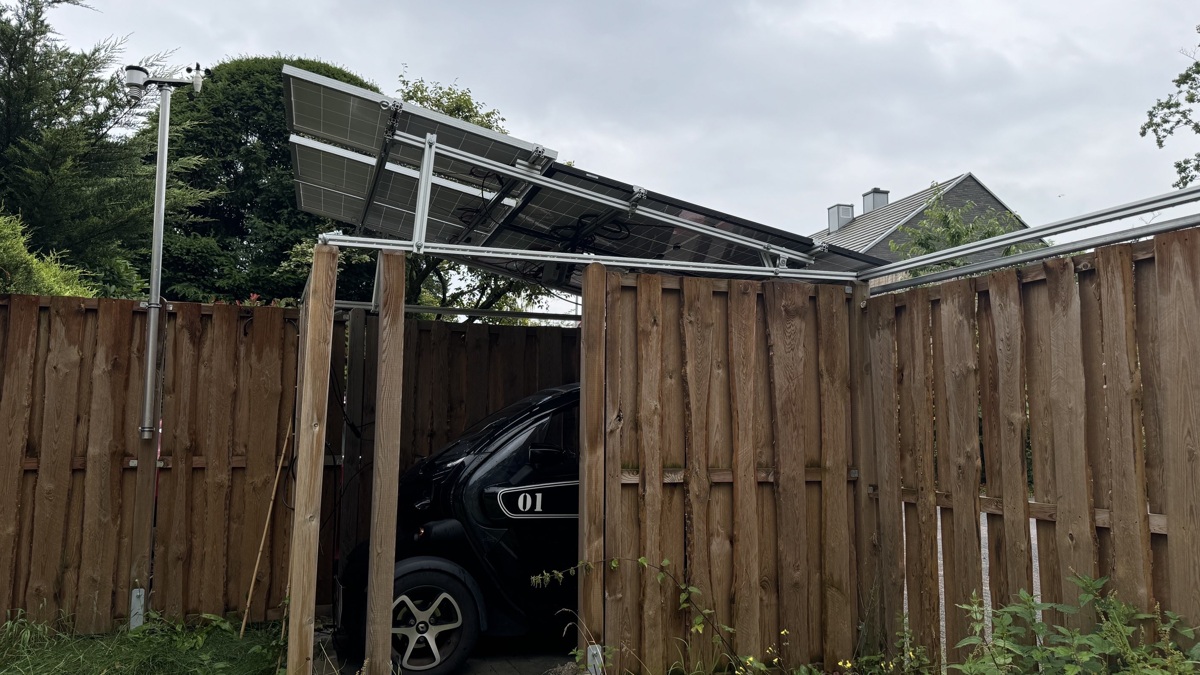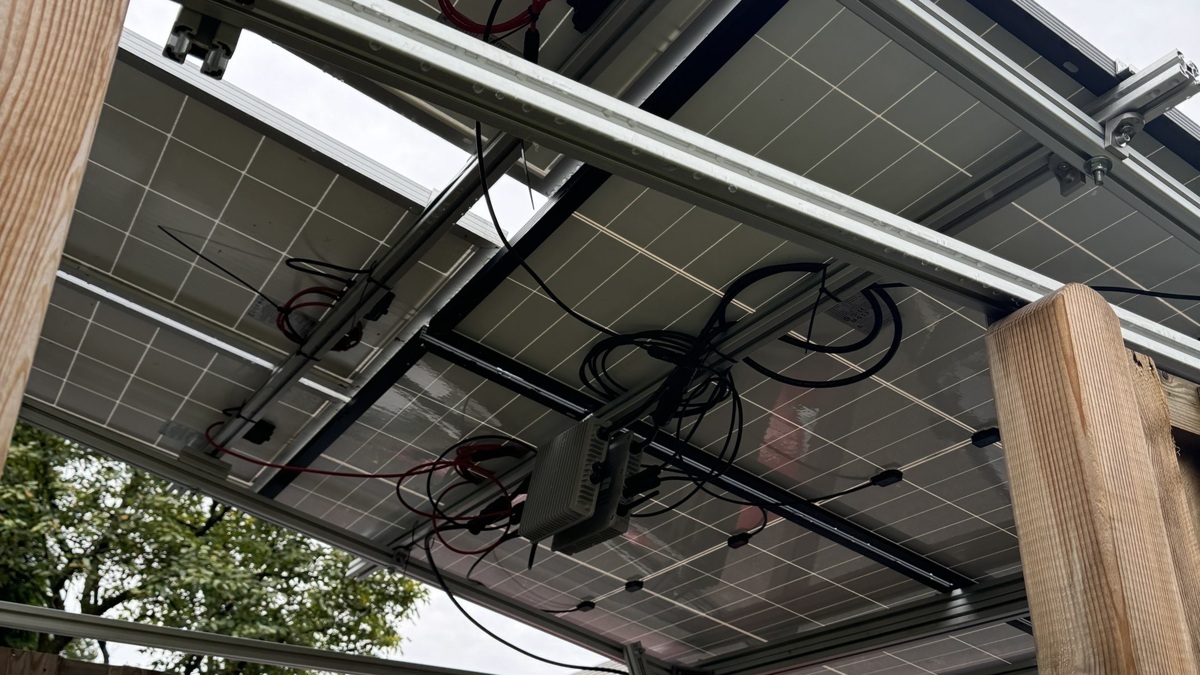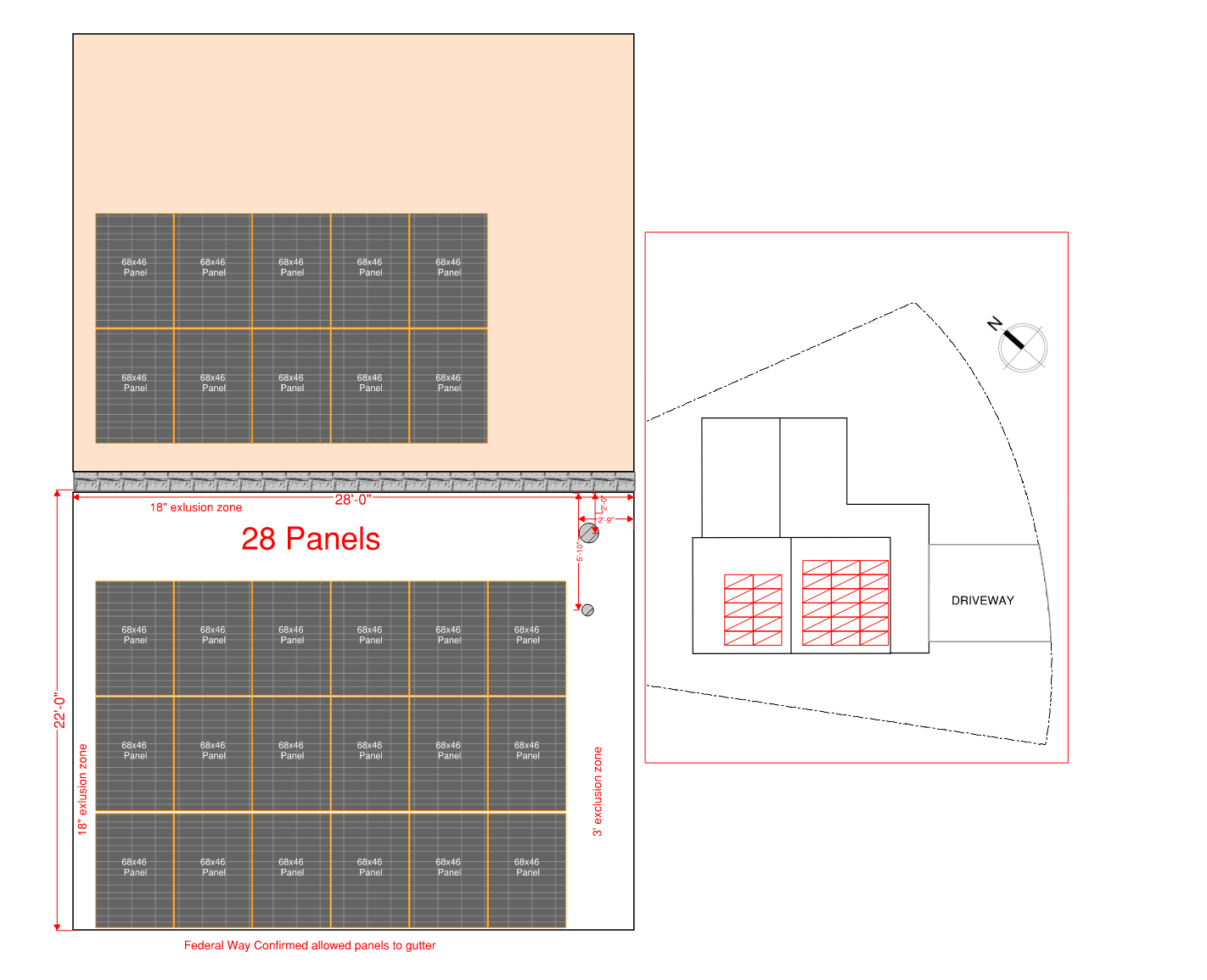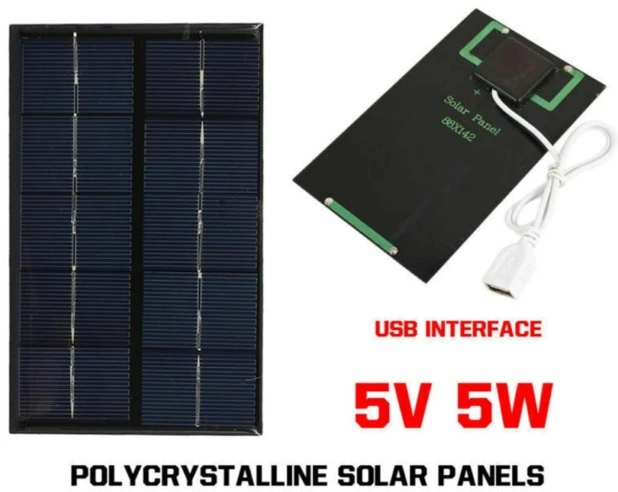SolarDIY
SolarDIY is a vibrant community dedicated to embracing the power of solar energy. Here, we encourage you to showcase your ingenious ideas, innovative projects, and inspiring stories, while also seeking valuable advice, fresh ideas, and fostering meaningful connections.
Our passion lies in witnessing the remarkable achievements of individuals who have harnessed the potential of solar energy. Whether you have successfully wired your entire house with solar panels, created a portable solar-powered generator, or crafted an efficient solar pool heater, we are eager to learn from your experiences and celebrate your accomplishments.
Join us on this empowering journey as we explore the endless possibilities of solar energy and inspire one another to make a positive impact on our environment and our lives. Together, we can unlock the full potential of solar power and shape a sustainable future.
Share your DIY solar projects, exchange knowledge, and let your creativity shine!
